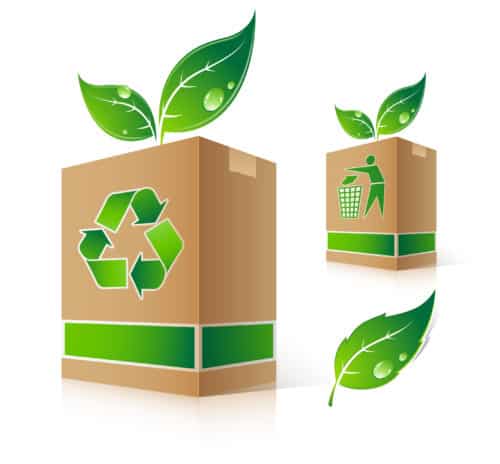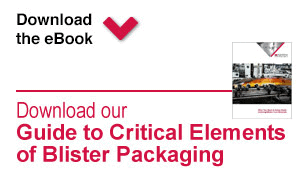Introducing Sierra’s Business Alliance Program
Though there are many keys to success in product development, two are most notable: speed to market and proof of production. To address the time and costs factors associated with developing a new product, business alliances are a great way to work efficiently and effectively.
For example, many chemical companies invest heavily in the development of new products, but need to show proof of a successful production process and provide finished goods to show potential customers. By working with a coating company in the pre-market stage of product development, a chemical company can expedite a new coating to market.
Why Sierra Customers Toll Coat
According to Robert Porter Lynch’s Business Alliance Guide, a “variation of product alliances is the joint manufacturing venture, where, because of scale costs, it makes economic sense to build a plant of large capacity, but no one company’s market can support the entire production capacity” (page 59).
It is for this reason that contract and toll manufacturers exist — to absorb the fixed overhead costs associated with running a facility, providing clients with a way to create a purely variable cost method of developing new products.
Business Alliance Advantages
There are a number of benefits to forming a business alliance. Primary among them are access to production equipment and technical experience in coating.
When working with a manufacturer who has partnered with clients across a variety of industries, you benefit from having a highly knowledgeable product development expert with wide-ranging industry contacts.
Alliances also facilitate knowledge sharing between companies and can allow for new product applications in niche markets.
Sierra Coating’s Chemical Business Alliance Program
As part of our Sierra Chemical Business Alliance Program, we are currently looking to form dedicated alliances with chemical companies that have developed innovative product solutions of their own. Sierra often recommends water-based chemicals for our clients’ products in order to meet their specific needs.
As a trusted toll and contract manufacturer with services, such as raw material planning, our team works with paper mills, printers, and brand owners to help develop new products.
To best guide our clients in choosing the proper chemicals to use, Sierra also works with chemical companies to develop a solution for our client’s requirements. Through this process, we facilitate growth for both our customers and ourselves.
What Our Clients are Looking For
Sierra serves clients across a wide variety of industries, but certain requirements come up more often than others. Our expertise is particularly pronounced in industries — such as the food and beverage, health and beauty, and retail industries, to name a few — that have product needs requiring unique and highly specialized chemical treatments.
We frequently receive inquiries about innovative food-safe packaging, eco-friendly packaging and other poly replacements, heat seal and blister pack coating, and high-end luxury packaging. These are fast moving spaces that require regular innovation and reinvention to not only stay ahead of trends but to keep products compliant with ever-changing industry standards and guidelines.
To learn more about the benefits of a business alliance with Sierra, including the unique toll and contract manufacturing benefits that we bring to the table, click here.




 Recognizing this shift toward sustainability, Sierra is seeing a growing opportunity to replace polyvinyl chloride (PVC) and other harmful plastics with greener, biodegradable package made with paper. This is especially relevant to
Recognizing this shift toward sustainability, Sierra is seeing a growing opportunity to replace polyvinyl chloride (PVC) and other harmful plastics with greener, biodegradable package made with paper. This is especially relevant to 
